BBOT Opposes Employer Health Tax; Calls on Province to Stop Implementation
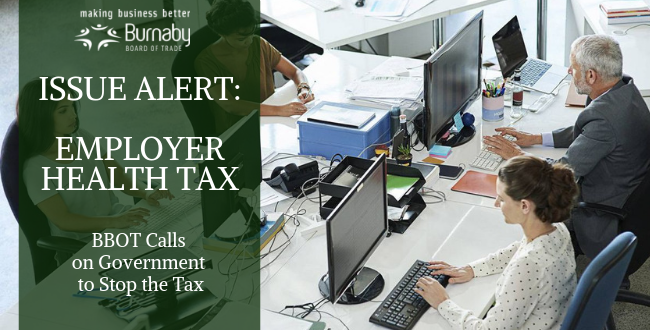
The provincial government has now introduced the legislation to implement the new Employer Health Tax, starting January 1, 2019.
The Burnaby Board of Trade (BBOT) remains deeply concerned with this new tax and continues to oppose its implementation. While the BBOT is proposing amendments to help make the tax less damaging to small businesses, including increasing and indexing the exemption thresholds (read the BBOT’s 4-point plan to oppose and fix the Employer Health Tax here) the BBOT is calling on the provincial government to stop the implementation of the Employer Health Tax and is asking our members to join us in this call by contacting their own MLAs to express their concerns.
In BC Budget 2018 presented on February 20th, the provincial government announced the introduction of an “employer health tax” which will require organizations with payrolls of over $500,000 per year to pay a new payroll tax to fund the removal of Medical Services Plan (MSP) premiums. The BBOT does not support imposing the new employer health tax on businesses and not-for-profits, as it will be a significant new expense.
Burnaby Board of Trade’s Remaining Concerns
- Significant New Burden on Business
The Employer Health Tax is a significant new tax burden on businesses, who have been faced with increasing costs from governments from payroll taxes to minimum wages, and increasing costs of doing business generally. The Employer Health Tax is expected to bring in more revenue to government than was initially being collected by the remaining Medical Services Plan (MSP) program which is is ‘replacing’ and many individual businesses will be paying substantially more in Employer Health Tax than they were paying to cover their employees MSP premiums. - Double Taxation in 2019
This tax has been framed as a way to fund the removal of Medical Services Plan (MSP) premiums on individuals, however while the tax comes into effect in 2019, MSP premiums will not be eliminated until January 1, 2020. Therefore, an organization which currently pays MSP premiums on behalf of its employees may be faced with paying both expenses for the 2019 year–a double hit on their tax bill. - Exemption Thresholds Are Low
BC Budget 2018 says the employer health tax will not apply to “small business,” but provides exemptions for payrolls up to just $500,000, or only eight or nine employees at the median salary. Few would define a company with 10 or 11 employees as a ‘big business’ and this low threshold means thousands of true small businesses and small non-profit organizations will still have to pay this tax. In some provinces with similar health payroll taxes, the thresholds are set much higher ($1.25 million in Manitoba and $1.2 million in Newfoundland) to allow greater exemptions for small businesses. - Thresholds Are Not Indexed
The exemption thresholds for the employer health tax should be indexed to inflation based on the consumer price index. Indexing the thresholds will prevent a scenario where, over time, the exemptions become less meaningful as the amounts are no longer relevant. In addition, indexing the thresholds to inflation would allow businesses to offer at least “cost-of-living” increases to wages and salaries without the risk of inadvertently raising their payroll above an exemption cut-off.
BBOT Actions:
- Opposed Tax and Developed a 4-Point-Plan to Mitigate the Negative Impacts on Business (read more)
- Galvanized the BC Chamber Network and Lead the Charge to Oppose the Tax (read more)
- Met with Burnaby’s four MLAs and Made the Case Against the Tax
- Contacted Finance Minister Carole James with BBOT Concerns and Plan Forward
- Advocated Against the Tax In-Person During Meetings with Minister David Eby (read more) and BC Liberal Leader Andrew Wilkinson (read more)
- Included Cancelling the Employer Health Tax in our Formal Submission to the Small Business Taskforce (read more)
Next Steps:
The Burnaby Board of Trade will continue to advocate against the Employer Health Tax over the next two months leading to the proposed January 1st implementation date. Stay tuned for more information on BBOT actions.
BBOT members and Burnaby businesses are encouraged to contact their MLAs and Finance Minister Carole James and request they cancel the Employer Health Tax! With MLAs currently sitting in the house debating the Employer Health Tax, we encourage you to send their offices emails as opposed to letters. Click here to find your MLA and their email address. Be sure to include a ‘cc’ to Finance Minister Carole James’ office at FIN.Minister@gov.bc.ca
The Tax Details:
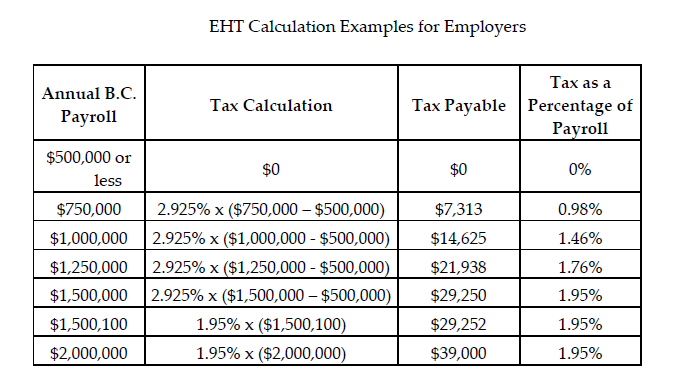
We now know that the Employer Health Tax will be applied marginally on payroll, with the first $500,000 of payroll exempted from the 2.925% tax for businesses with payrolls up to $1.5 million. For businesses with less than $500,000 in payroll, no tax will be paid. For businesses with payrolls over $1.5 million, the tax is levied at 1.95% but applies to the full payroll.
Payroll is defined as wages plus taxable benefits. This means the payroll calculations will include things like commissions, employer-paid retirement contributions, employer-paid gratuities, and maternity/paternity top-ups. A more full list is included on the above BC government website.
Charities and non-profits will have an exemption from the tax on the first $1.5 million in payroll per location. For locations with payrolls between $1.5 and $4.5 million, the tax is levied at 2.925% on total payroll minus the $1.5 million. For locations with more than $4.5 million in payroll, the tax is levied at 1.95% on the total payroll.
Business and non-profits with tax owing will have to register and file an annual employer health tax return. Most businesses and non-profits will be required to pay the tax quarterly with the tax return due on March 31.
Click here to visit the Government of BC’s Employer Health Tax info page.





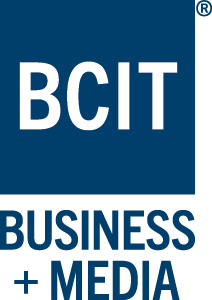


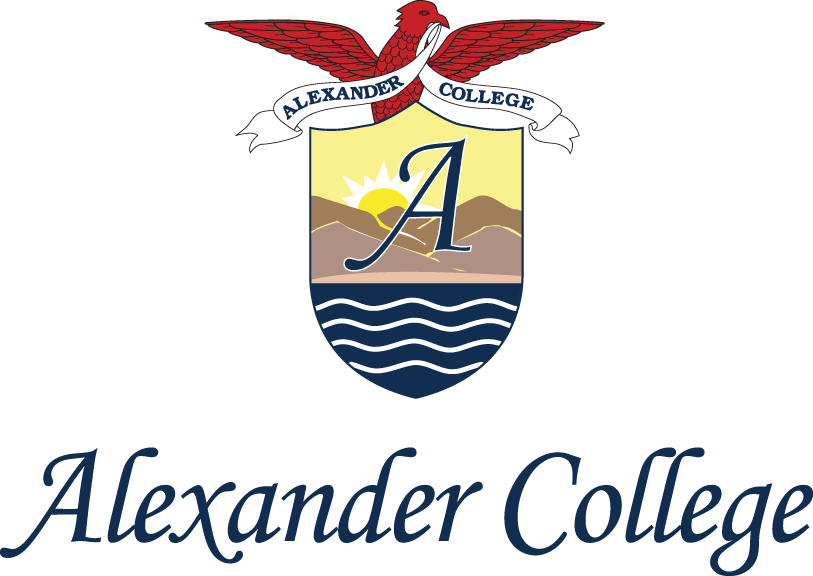


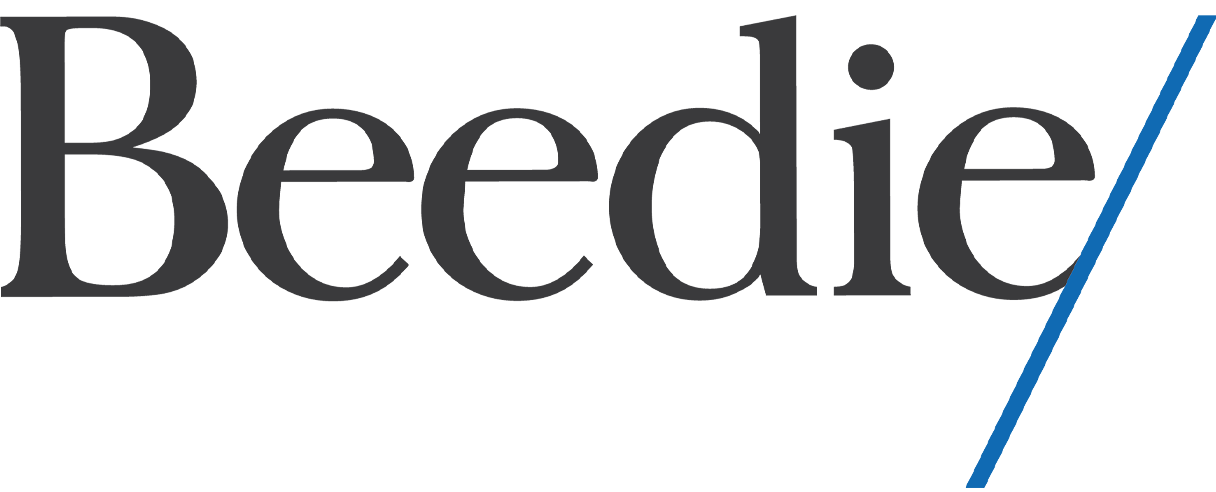

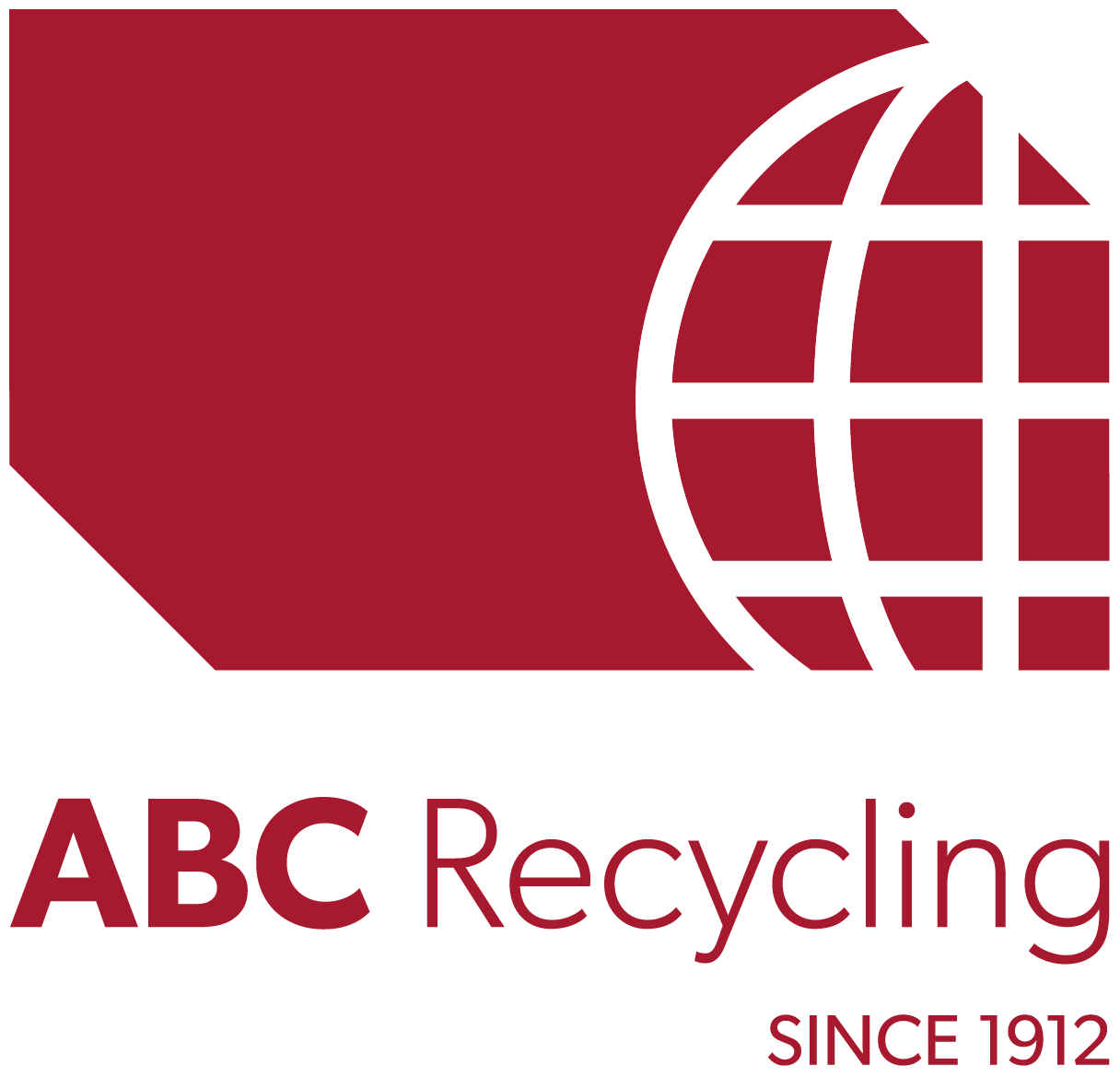
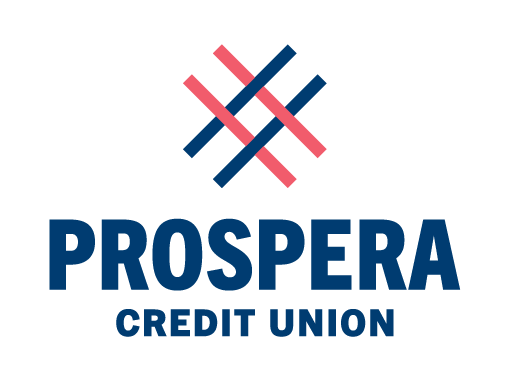
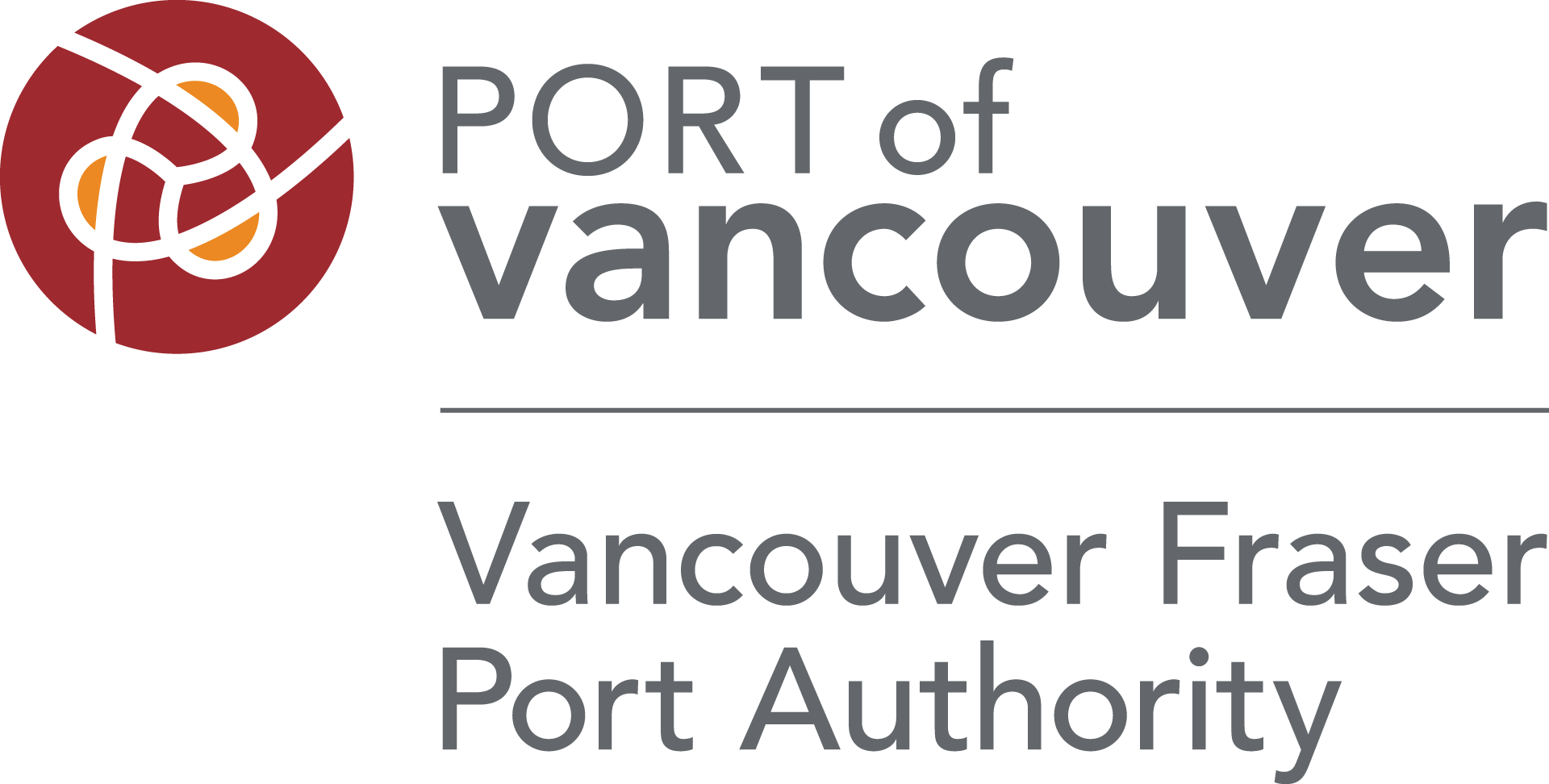
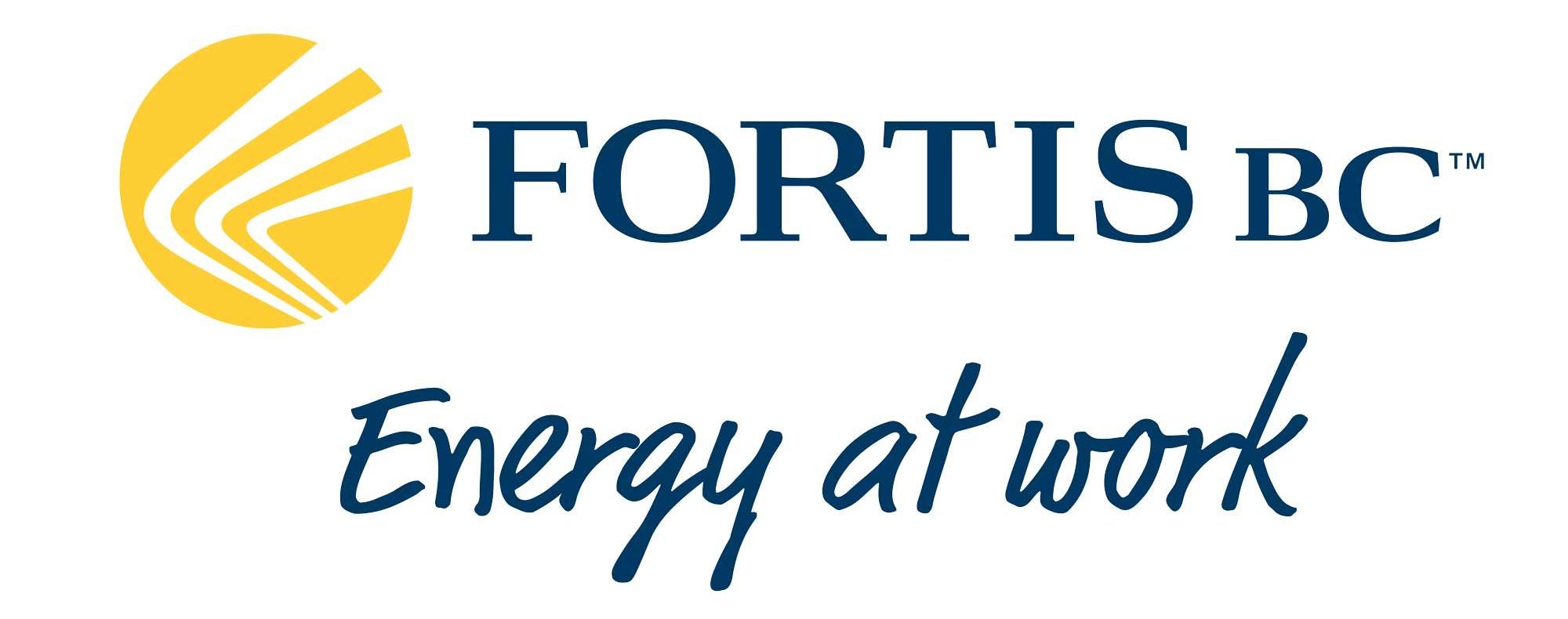
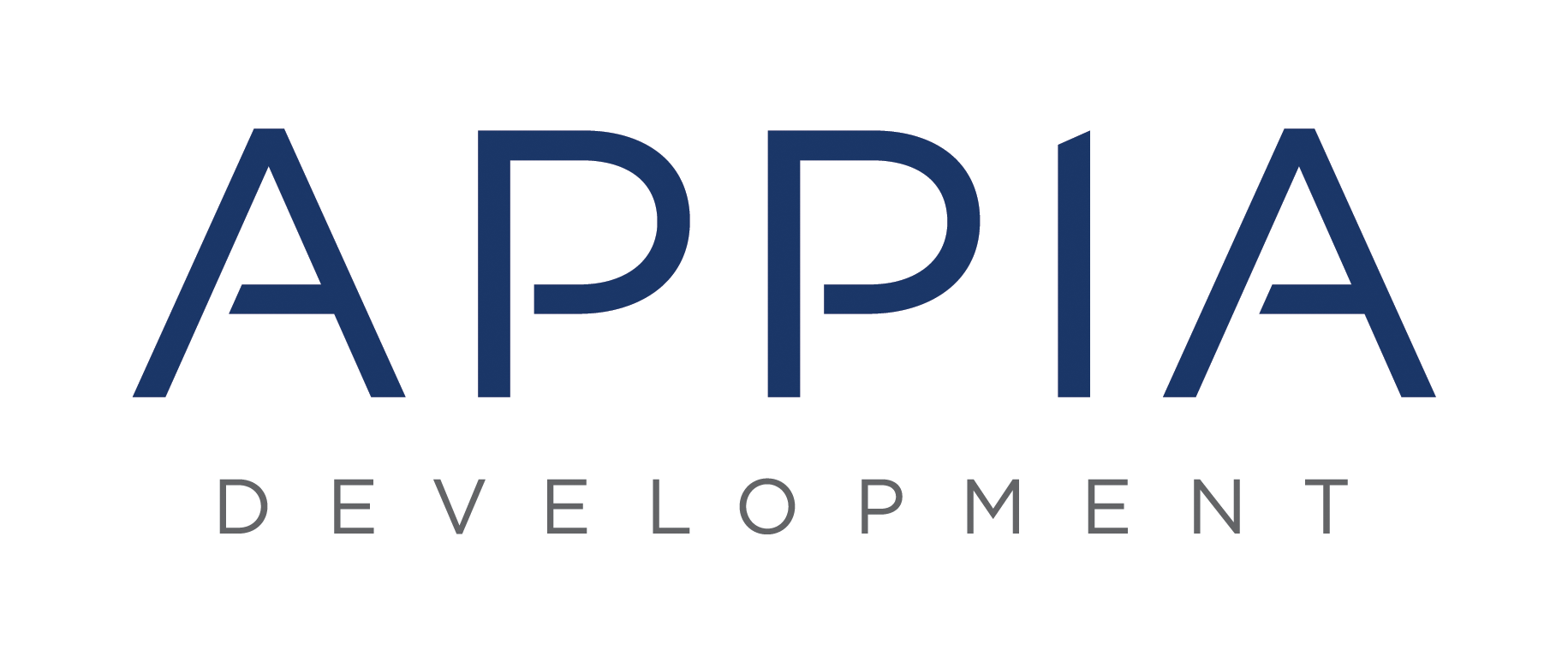
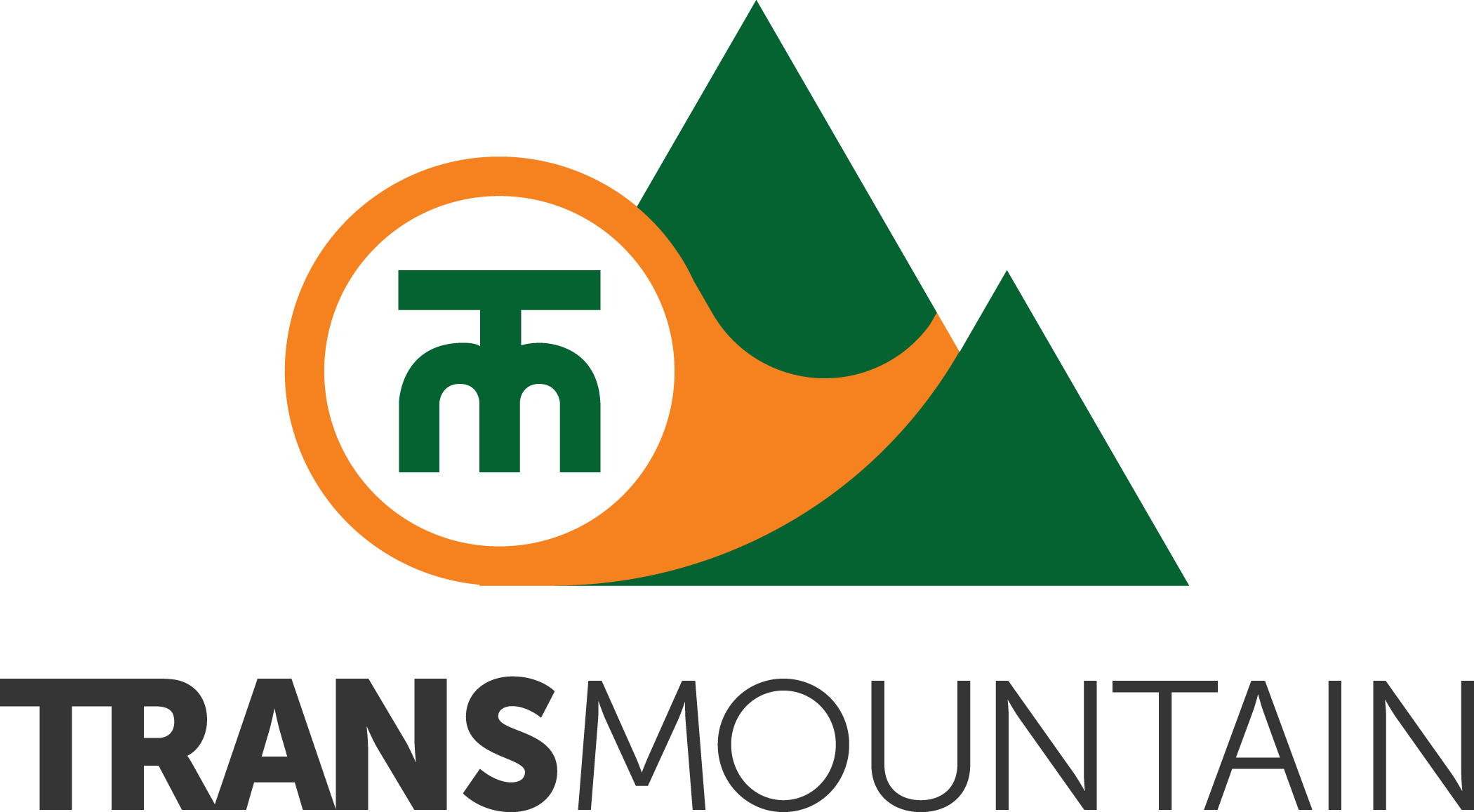

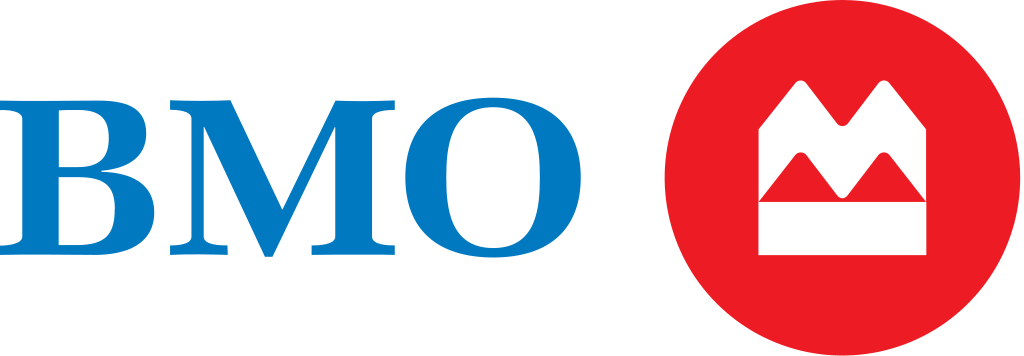
connect with us